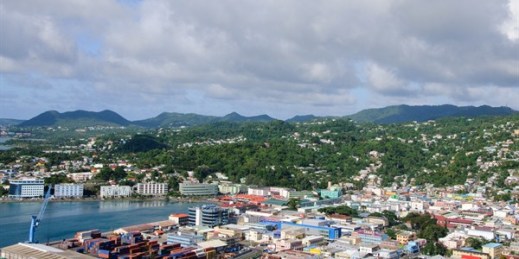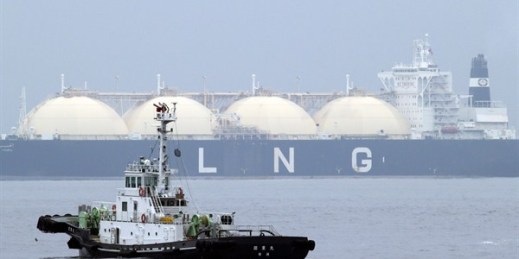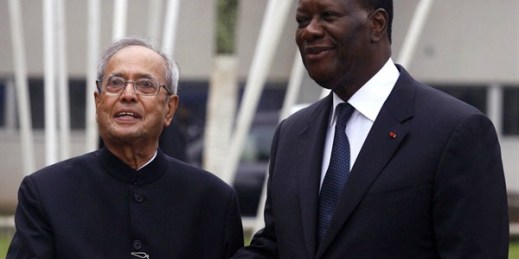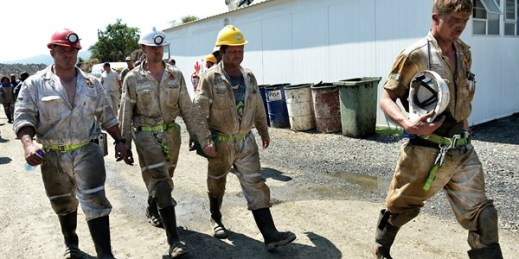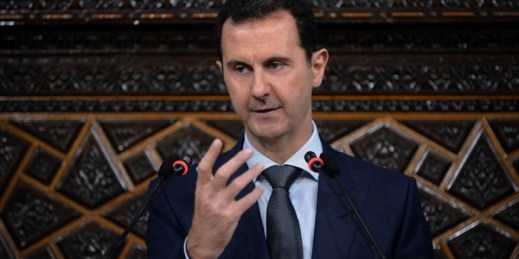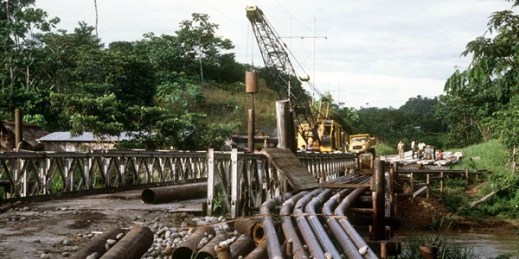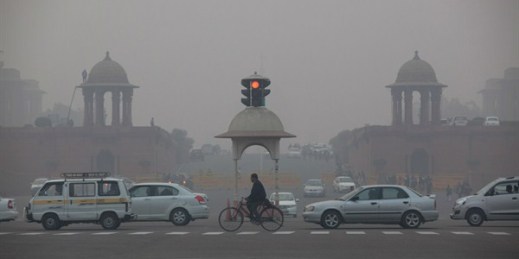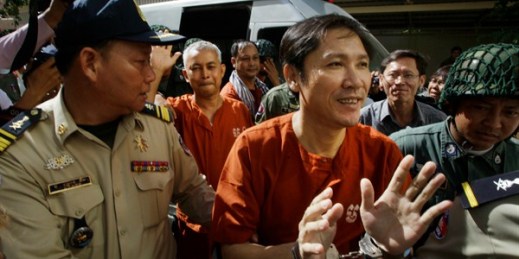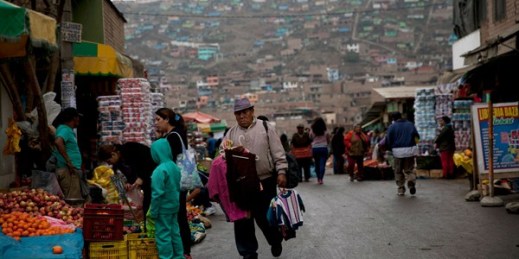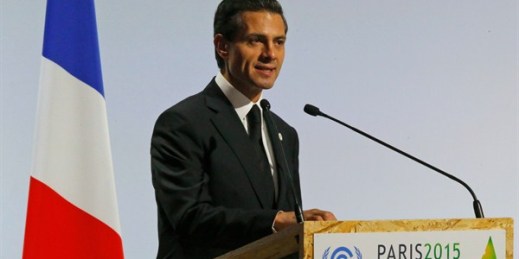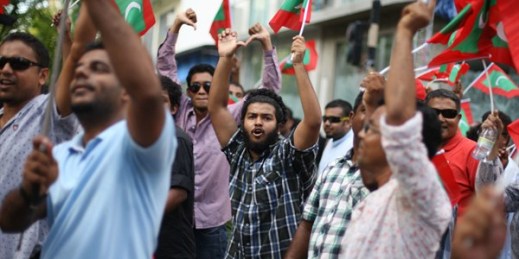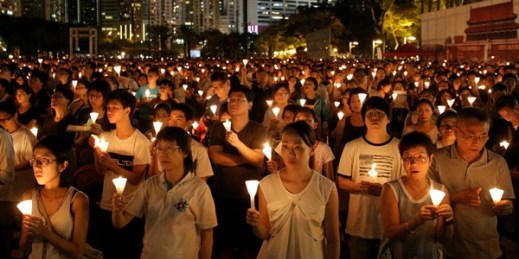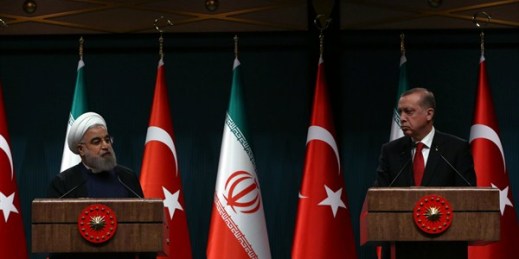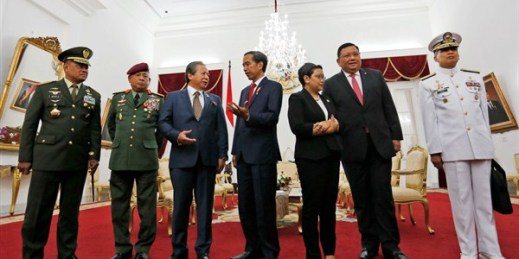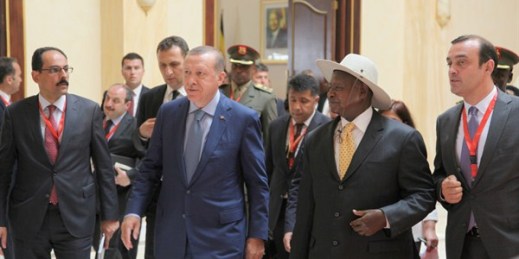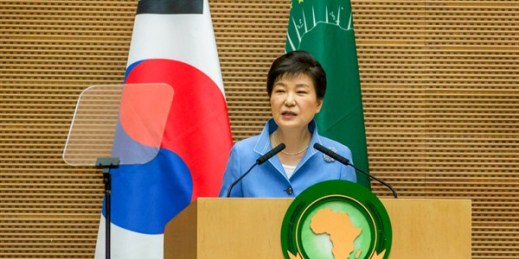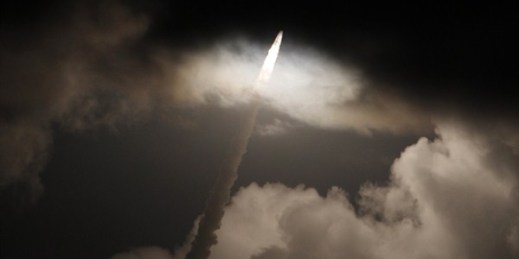
Editor’s note: This article is part of an ongoing WPR series on a range of countries’ space priorities and programs. Last week, India successfully launched 20 satellites in a single mission, a major success for the Indian Space Research Organization that positions India as a key player in the international commercial space market. In an email interview, Joan Johnson-Freese, a professor of national security affairs at the Naval War College who writes in a personal capacity, discusses the state of India’s space program. WPR: What are India’s space capabilities—in terms of launch vehicles, space exploration, satellites and space-industrial complex—and who […]

